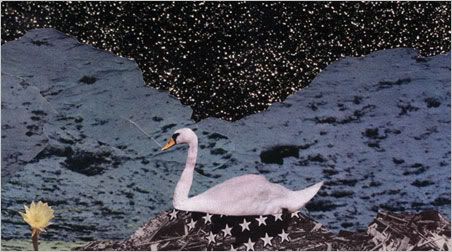
“Now We Can See”
from the album Now We Can See
2009
iTunes
Arguably no other indie-rock band was as lyrically antiestablishment during the Bush era as Portland’s the Thermals. The band’s 2006 release The Body, the Blood, the Machine seethed with pointed invectives against the Christian fundamentalist, nationalist crusade that seemed insurmountable during those years. The Thermals’s previous two albums were equally as opposed to the right-wing hegemony, though nowhere near as cohesive in its critique or anger. And despite the decisive victory of a candidate who promised “change we can believe in,” the Thermals make clear they’re still keeping a close eye on the powers that be throughout the hopeful yet skeptical Now We Can See.
More hip-hop than rock in his lyrical gymnastics, ringleader Hutch Harris crams as many words as possible into every song. On the title track, he explains the prevailing consciousness of the past eight years (“Baby we were savage, we existed to kill / Our history is damaged, but at least it was a thrill”), yet he questions his peers’ unguarded optimism (“But now we can see now that our vision is strong / We don’t need to admit we were wrong”). Elsewhere, Harris seems fixated on death and the natural cycles that lead to and arise from it, with multiple references to the sea, ground, air, and sky. “I Called Out Your Name” reads like a love letter from the deceased to the living, while “Liquid In, Liquid Out” could easily be a nursery rhyme explaining the basics of physiology.
Musically, the Thermals deliver a cleaner, more refined version of the raging anthems found on Body, the band’s worship of ’90s indie rock ringing through louder and clearer than ever before. They’ve traded the raucous rockers for more mature though still acerbic songs doused in infectious melodies. Bassist Kathy Foster sweetens many songs with her welcomed backing vocals; she also deserves kudos for performing all rhythm section instruments throughout the album (newest drummer Westin Glass joined just after the recording sessions). Yet while the band seems more at ease with the slower pace and sturdier rhythms, they still find time to dabble in succinct punk fury, as they do on “When We Were Alive.” The Thermals might be getting older, with their music maturing in tandem, but they’re also getting better.


